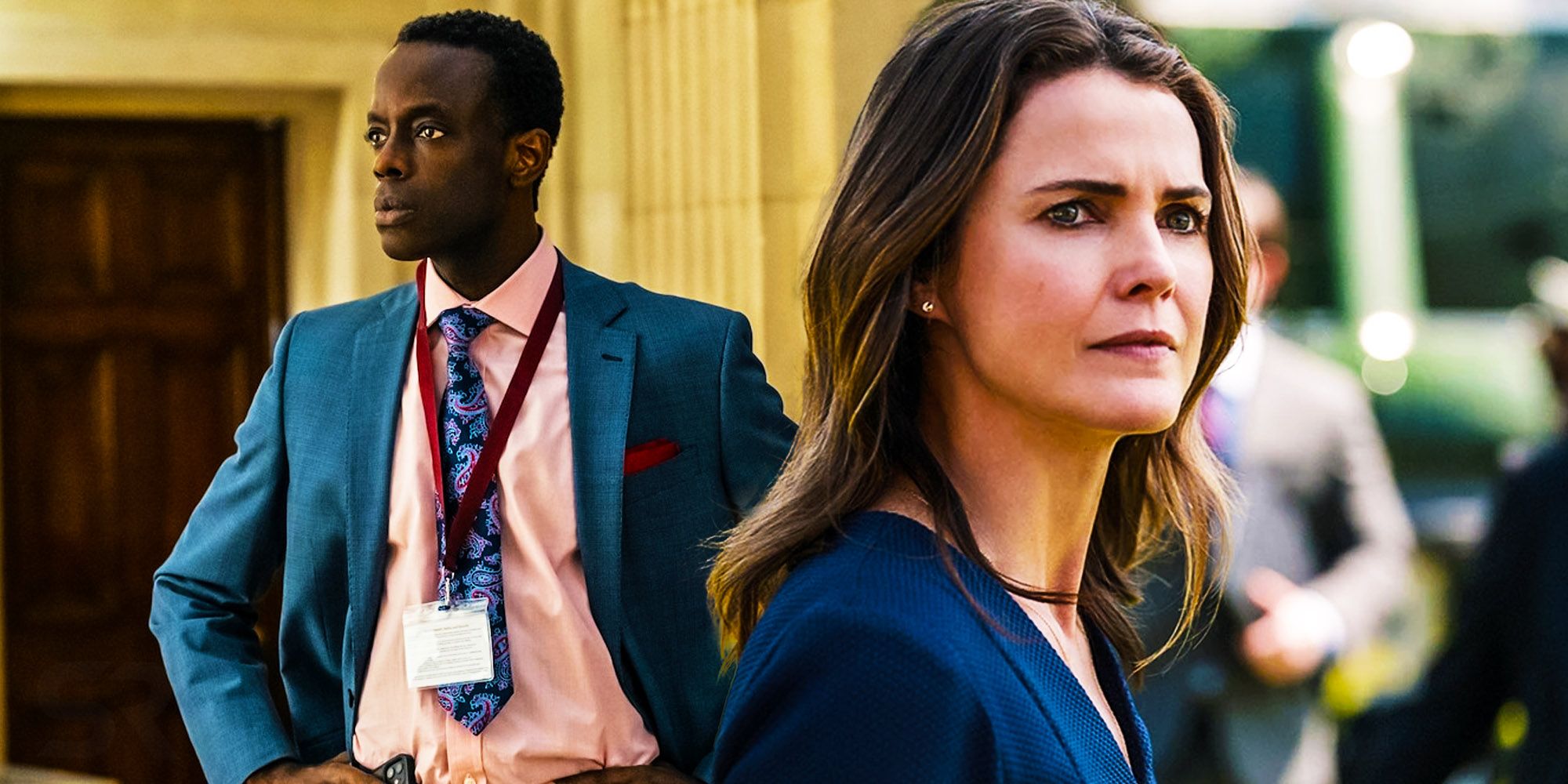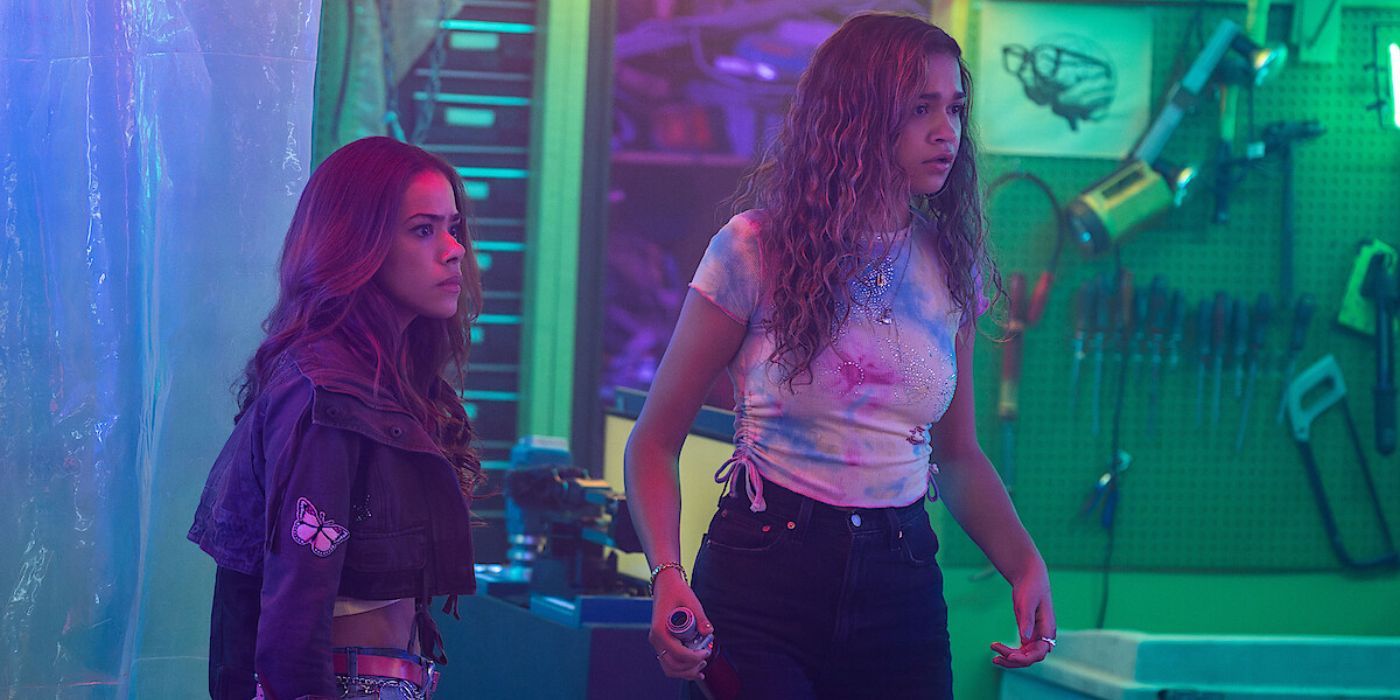When Oliver Coates was 19 or so, he got a job playing cello on a cruise ship. “Quite a bow tie, buttoned-up kind of space,” he recalls. The ensemble would be playing The Swan by Camille Saint-Saëns, a very slow, sad piece. As the boat rocked, Coates had to work out how to lean into his instrument to counterbalance the sway. “I remember thinking, God, this is technique!” he says with typical verve. After his shifts, he would return to his cabin to “get stress relief through doing my Aphex-y glitchy music, and that was my fun”.
It is a very literal early example of the slippage, as he likes to call it, that defines Coates’ endlessly fertile approach to music. His cello-based solo releases have spanned deconstructions of the UK pirate radio that he listened to in the family car as a teenage music obsessive in Wandsworth (2016’s Upstepping) to Low-influenced incursions into the outer reaches of static and saturation (2020’s Skins n Slime). He has performed with magicians and on the top tier of a swimming pool diving tower. A key collaborator on Jonny Greenwood’s soundtrack work, he also led the London Contemporary Orchestra (of which he was once principal cellist) on Radiohead’s last album, A Moon Shaped Pool. He’s collaborated with Mica Levi and has recently become an in-demand soundtracker himself, most notably on the swimmy, heady score for Charlotte Wells’s Oscar-nominated 2022 film Aftersun.
The latter partially inspired Coates’ mesmeric new solo album, Throb, Shiver, Arrow of Time. A darkly glowing and often forlorn record, it’s strikingly still but also swarming with hypersensory static detail; a sprite-like glimmer darts through the pieces. (Tonally, it shares DNA with Kali Malone, Tim Hecker and even Godspeed You! Black Emperor’s more elegiac moments.) “Charlotte had asked: how could music signify, ‘this is all a memory’ to the audience?” says Coates. “I loved that question, so I went back deeper into the previous seven years, looking at semi-finished tracks, and I realised that especially in Covid, there were event-based memories that I’d overlaid with emotions from a completely unrelated thing.”
The fragmentary, fluttering Shopping Centre Curfew was inspired by Coates’ conflation of the demolition of the Elephant and Castle shopping centre in south London, and, following the murder of Sarah Everard, a Green party peer’s suggestion that men should be bound by a 6pm curfew. Along with the medium-collapsing work of US visual artist Sarah Sze, it pushed Coates “to play games with the ear about what’s real”, such as layering “cardboardy” Midi cello against sophisticated microphone techniques. He even tried to wage battle between the constrictions of format and the vitality of the music: the protracted blurred, whizzing end of closer Make It Happen, he says, is “almost trying to burst out of the frame, like the music is alive and trying to collapse or melt it. I wanted to try and defeat the silence that would come at the end of the album.”
This talk of eluding definition could easily lead to compositional soup in a less talented musician’s hands and conversational bafflement in less delightful company. Speaking from a hotel room in London, the endlessly affable Coates, 42, is as energetic and enthusiastic as a young, obsessed professor willing to launch headlong down any topical rabbit hole. He gesticulates wildly, often squeezing his eyes shut as he talks, as if conscious of how the flow and shape of what he says might fit on a musical stave. At one point, mentioning “the digital” parts of his practice, he caresses his screen, then catches himself. “I think I just ran my hand along the laptop there, as if that would help.”
As in his granularly beautiful music, he is a detail-oriented chatter. If the aggression of Skins n Slime reflected him “pouring my heart out, asking distortion to meet my feelings in a My Bloody Valentine kind of way”, with the calmer Throb, Shiver … he was “looking after the ears of the listener, not bombarding them with too many ideas”. Pressed on whether there’s a biographical shift there, he proposes that even in singer-songwriter music, the grain of the voice supersedes meaning. “If I say ‘pineapple’ to a baby, they don’t know what I’m talking about. But if I” – he gurgles – “they light up. The pre-semantic tonal things that we do to each other are hugely significant.”

With the new album, he concedes, “I was trying to address a shimmer, an ache within me that I noticed. There was something in my body that I was searching for and I couldn’t identify whether it was a colour, a sound, a frequency, a shape. In some of the electronic layers for Aftersun, I heard glimpses of it.” As he pieced together older fragments of music with new compositions last December, he found more of it.
Although no written piece about Coates fails to note that he got the highest-ever grades at London’s Royal Academy of Music (he says it was just because he took loads of modules, “turned up, read all the books and maxed out”) he’s vastly more interested in these shimmery kismet moments than virtuosity. He and his wife moved from London back to her native Scotland after having a second child during the pandemic. In London, Coates recorded in his kitchen. Glasgow has afforded him a studio, but he’s “terrible” at maintaining any kind of separation – not that he wants it.
“I don’t trust myself to have splendid isolation,” he says. “If I try to set out all the right conditions to make some great work, it’s never going to happen. So I tend to invite the chaos of life in. There are accidents that can happen any time of day or night, and if I invest more in being present with family, then it might rub off in a way that’s better than me saying, ‘See you later guys, I’m going to go and make a masterpiece.’ I trust more of a slippage between everyday life and nature and going to the park and my son making a puppet.”
Life in Glasgow has also slowed him down after “running around London taking my cello on the tube for 25 years, saying yes to everything”. Here, he says, “I’ve got a lot more done.” He makes a very Coates-y digression into whether his work has become more truthful as a result, and what truthful really means – perhaps “not making something to please somebody else or satisfy somebody else’s structure or idea of you”. His wife’s family are “from the Highlands and the islands” and brim with a wealth of folk song “coming orally through land and ancestry” – the antithesis of a boyhood playing his cello in churches in Normandy and suchlike. “People singing to each other, or a cello in a kitchen – you can’t beat it. You can’t beat unexpected moments of beauty, which are free, totally part of life, not part of a career or other structure.”
Similarly, he sees his work with directors as a mixture of “psychology and polyphony” and raves about the potential of how “managing [to] collaborate intensely with another person and reach a moment of peace has the chance to explode and ripple out for many other people.” After Steve McQueen Shazam’d his music in a clothes shop, he invited Coates to soundtrack his 2023 documentary Occupied City, about Holland under Nazi rule. “He said, I want you to make music about you and from your heart, not to score the film in the sense of manipulating [the images]. That was amazing.”
Coates credits Mica Levi and Jonny Greenwood – he played on their respective scores for Under the Skin and There Will Be Blood – with bringing a new “ad hoc” attitude to the scoring world: “You don’t have to write in these velvet rooms with stacks of gear. You write in a back-of-the-bus kind of way.” To demonstrate, he gets out his phone to show me a scrawl he sent to a harpist for a new soundtrack he’s working on, of a rough musical stave and some shooting, bowing lines and crisscrosses that he wants her to interpret. He rhapsodises about reverb and “massive reverb” and slowing and synthesising until I can almost hear it.
Coates has been playing the same cello since he was 10 years old, its varnish mingled with “sweat, blood and tears” – and popped blister juice. It still surprises him – and moreover, forges connection. “It’s not just me and it – it’s actually about other people. You don’t want to be the guy that gets the guitar out at the party, but there’s a moment where you can just play something – I’ve played in hospitals, some deep tones and some nice sweetness – and it does something for people.” His next project is the score for The History of Sound with Paul Mescal and Josh O’Connor, possibly working with Danish experimental musician ML Buch, and some long-awaited live shows – though I suspect his most cherished projects will take place closer to home, like under the bridge where his toddler daughter likes to sing and bask in the reverberations, or finding the time to join a choir again with his wife.
Coates brings up Dart, the book-length poem by Alice Oswald about the Devon river. “She says that when she writes new poems, she doesn’t have any intellectual ideas, she just listens to the tunes of the house,” he says. “And the house might be empty or there might be winds blowing through it. Her poems are like melodies. I’m a big believer in that – the best music is actually out there in serendipity, nature, the forest. The way that a bird echoes off the trees is infinitely more beautiful and sustaining and varying than anything we do.”

 1 week ago
3
1 week ago
3



:quality(85):upscale()/2024/10/29/625/n/1922564/ec222ac66720ea653c5af3.84880814_.jpg)
:quality(85):upscale()/2024/10/25/846/n/49351082/bfc0fdb3671bef086c3703.42134063_.jpg)
:quality(85):upscale()/2021/07/06/971/n/1922153/7d765d9b60e4d6de38e888.19462749_.png)
:quality(85):upscale()/2024/10/29/957/n/1922441/c62aba6367215ab0493352.74567072_.jpg)
:quality(85):upscale()/2024/10/29/987/n/49351082/3e0e51c1672164bfe300c1.01385001_.jpg)
 English (US) ·
English (US) ·